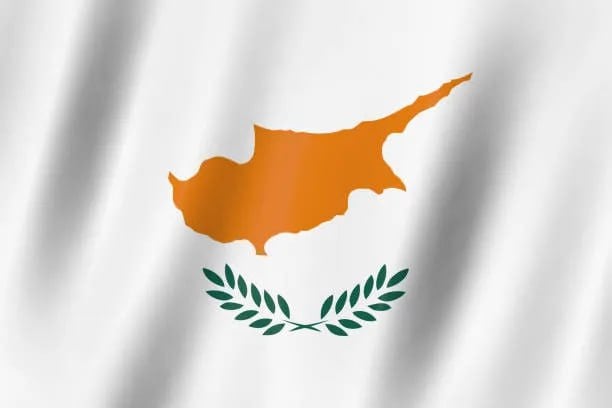In recent developments, Cyprus is emerging as a pivotal strategic hub for the USA and Israel, even as Greece remains notably passive. This transformation raises critical questions: Will this shift serve national interests, or could it jeopardize the region's stability and security?
The geopolitical significance of Cyprus has been on the rise, with Nicosia increasingly becoming a forward base for the West. This trend began with the establishment of a humanitarian corridor for Gaza. Speculation is now rife about the possible integration of Cyprus into NATO, a move that could significantly alter regional dynamics.
Historically, Western countries engaged in supporting Israel have seen Cyprus as a crucial logistical base. Recent US policy adjustments, such as allowing Cyprus access to American military equipment, have stirred reactions, particularly in Ankara.
This strategic shift comes in a landscape where historical alliances and rivalries continue to evolve. The 1974 Turkish invasion of Cyprus, tolerated by Western powers, shifted the region's dynamics. Today, while Israel remains central to Western strategic interests, Turkey's regional maneuvering increasingly diverges from Western objectives.
Amid these changes, Cyprus finds itself strategically aligning with Israel. The USA's reassessment of Cyprus's role is evident, spurred by strained Turkey-USA-Israel relations and recent geopolitical shifts, including the expulsion of Russian capital from Cypriot sectors.
Parallel developments include enhanced US and EU support for Cyprus's military integration and diplomatic initiatives intended to address the longstanding Cyprus issue. However, skepticism remains about the prospects for a real resolution.
The upgrading of Cyprus is evident in both military and political spheres, signified by discussions on NATO and Schengen Area integration. This positions Cyprus alongside Greece in fulfilling crucial roles in a redefined security architecture prioritizing Israel's security.
However, Athens and Nicosia have yet to assertively articulate their strategic goals within these frameworks. There is concern that without active participation, they risk being relegated to passive roles, primarily serving external interests.
As broader peace negotiations loom, particularly regarding Gaza, Israel aims to reshape regional security dynamics, potentially incorporating Cyprus and Greece in significant ways. However, the strategic calculation must ensure these nations' interests are safeguarded, warranting an urgent call to action for more assertive regional diplomacy.

